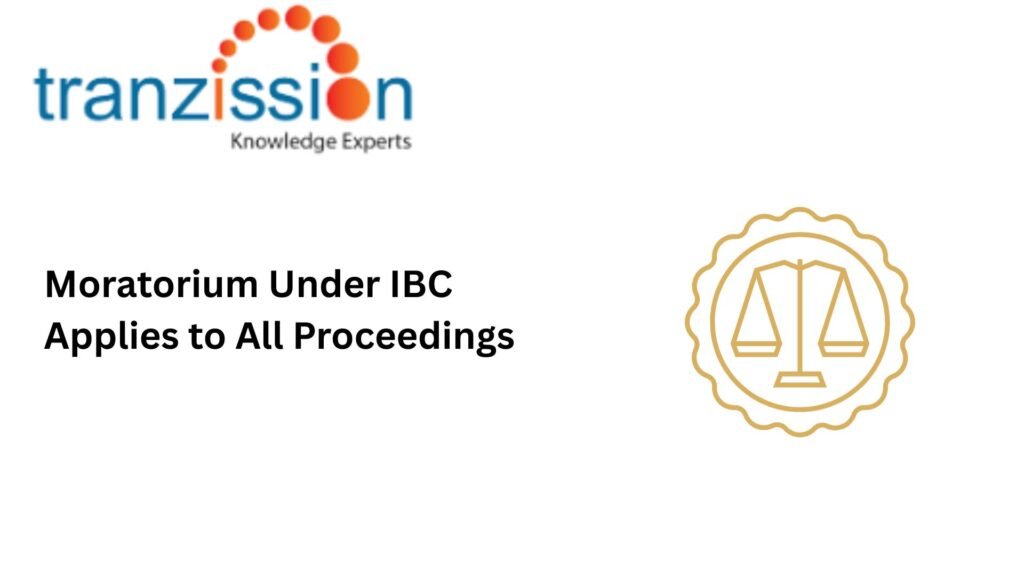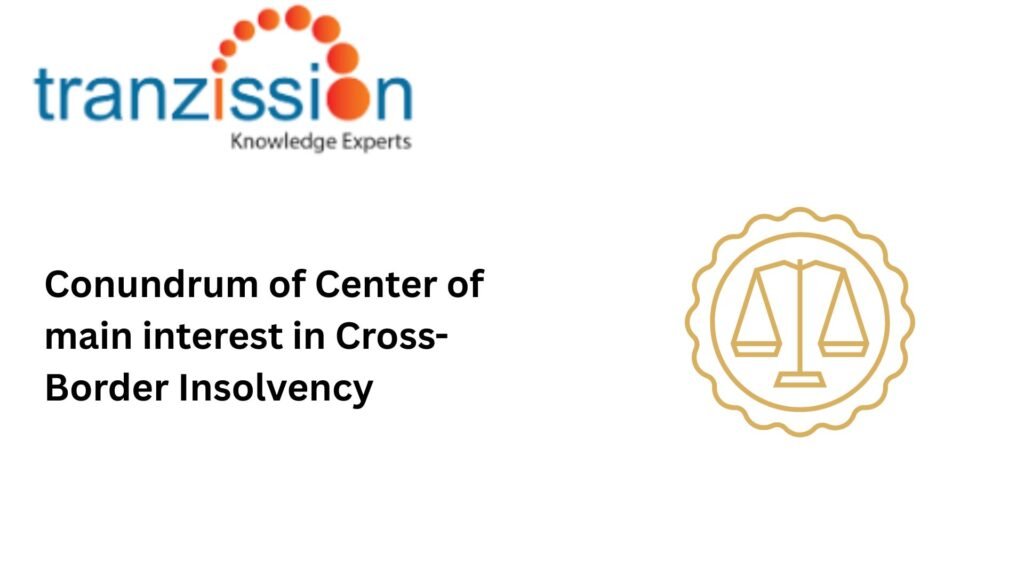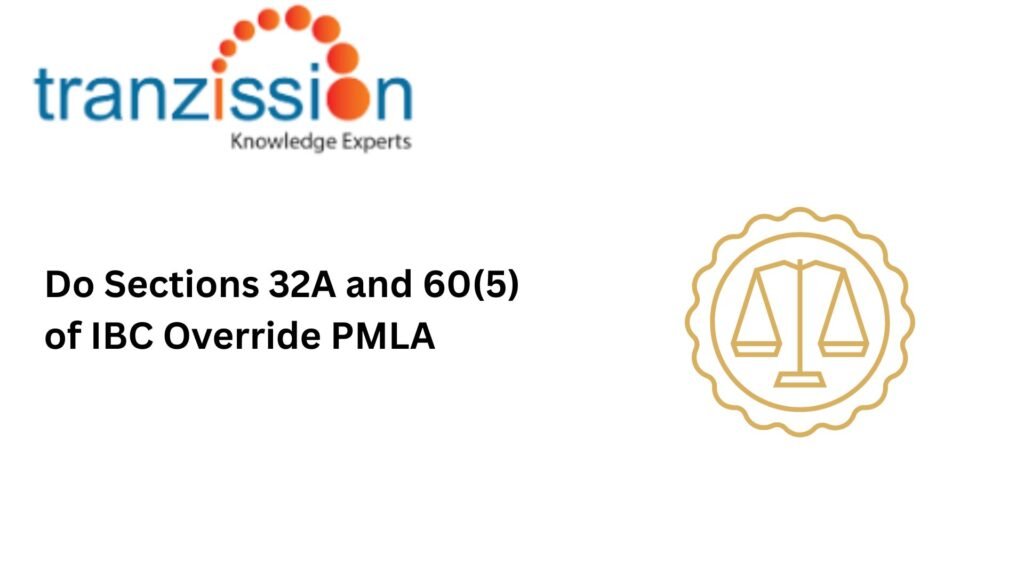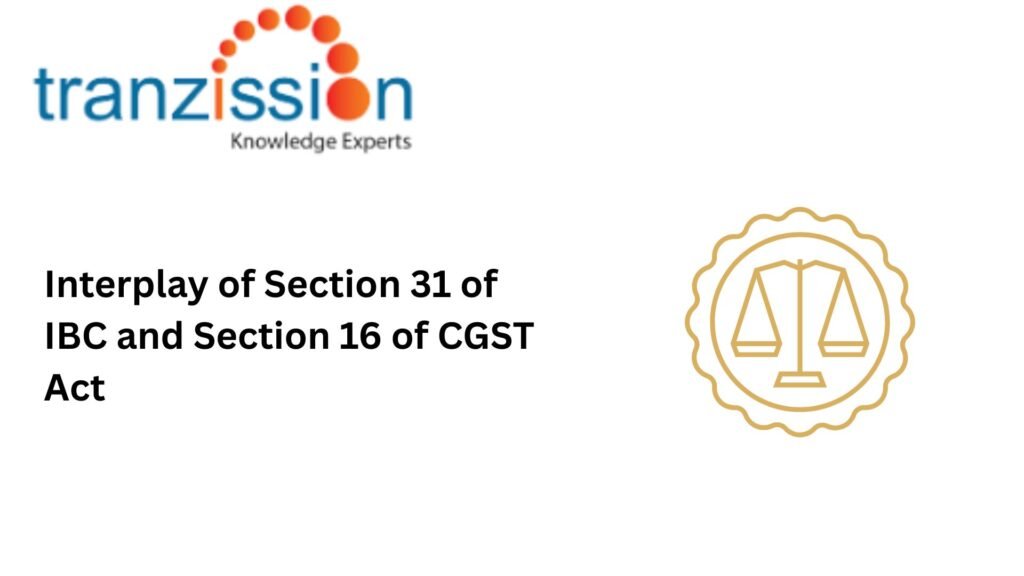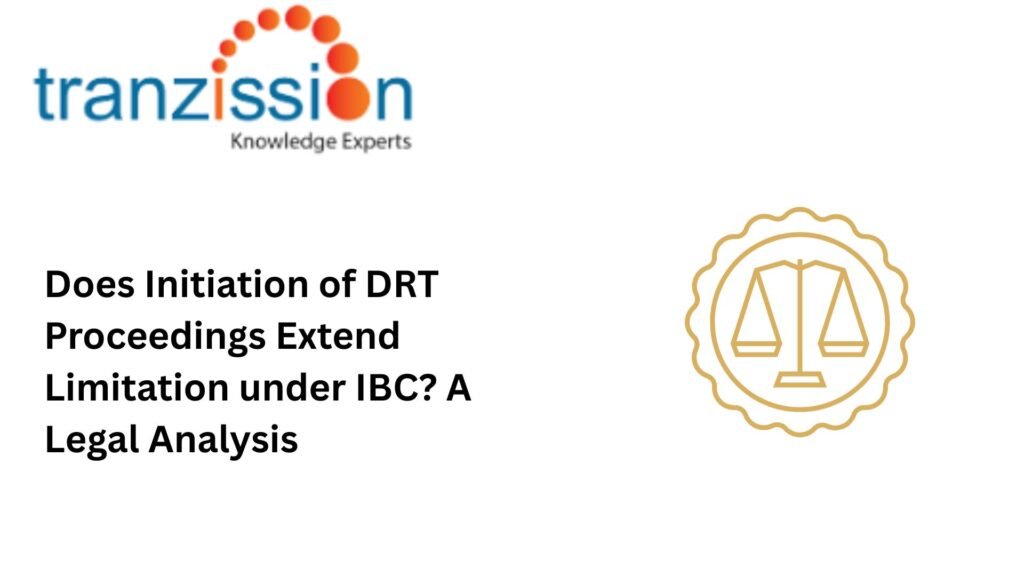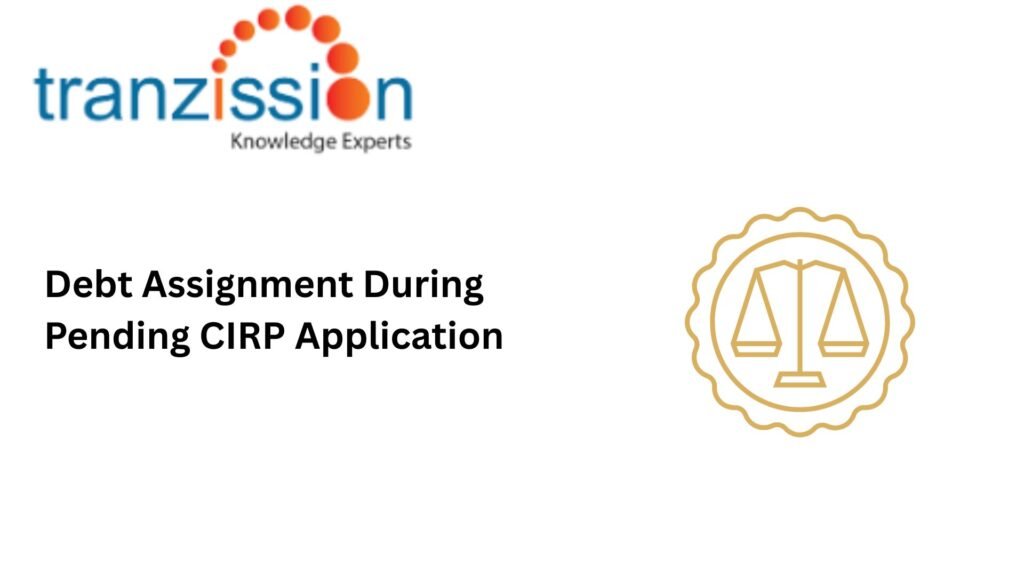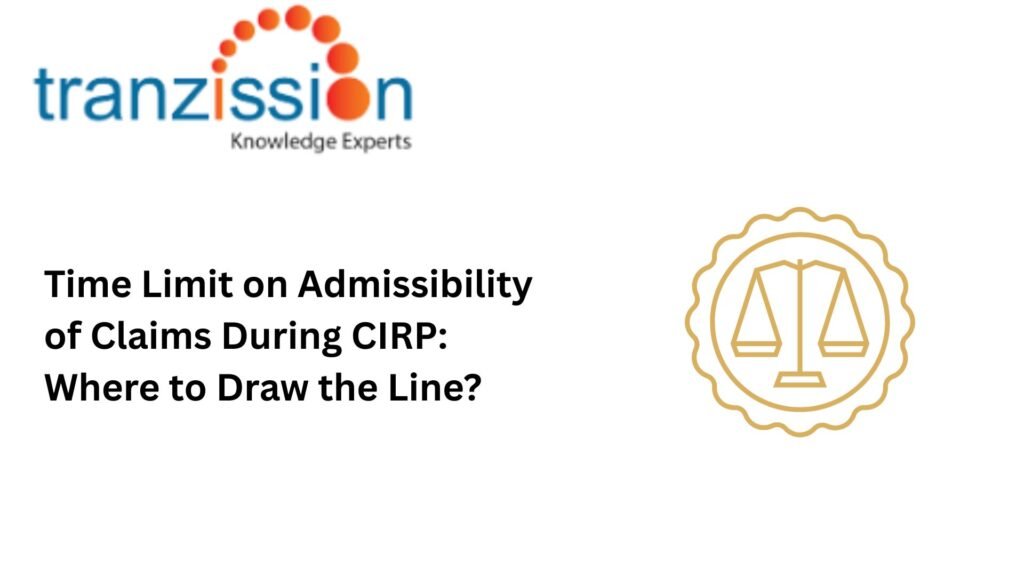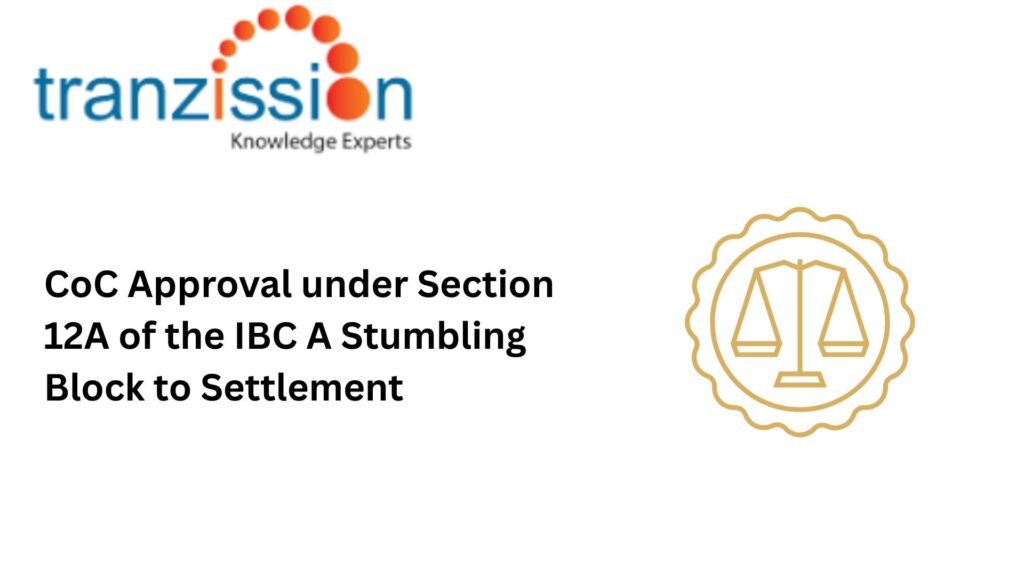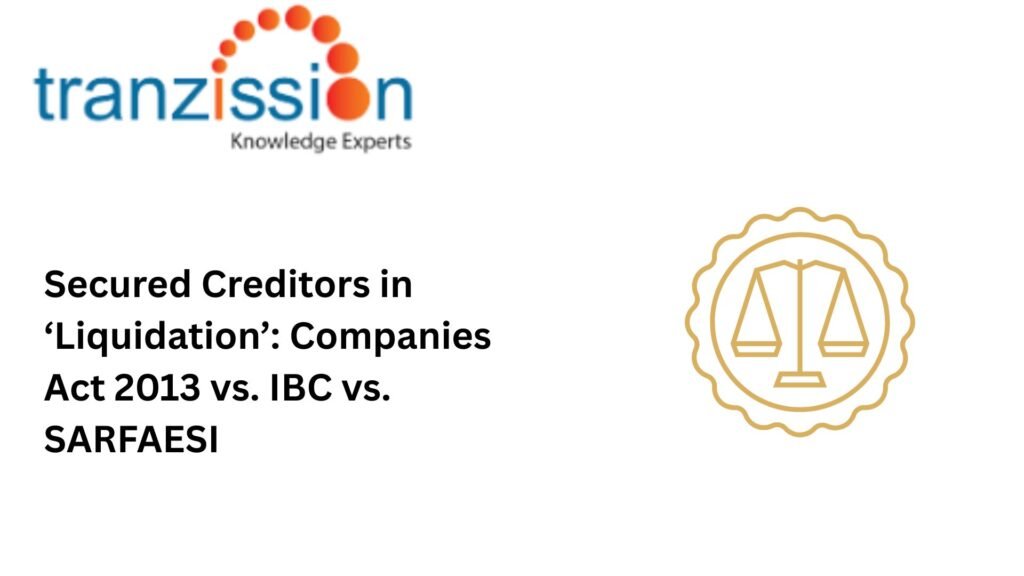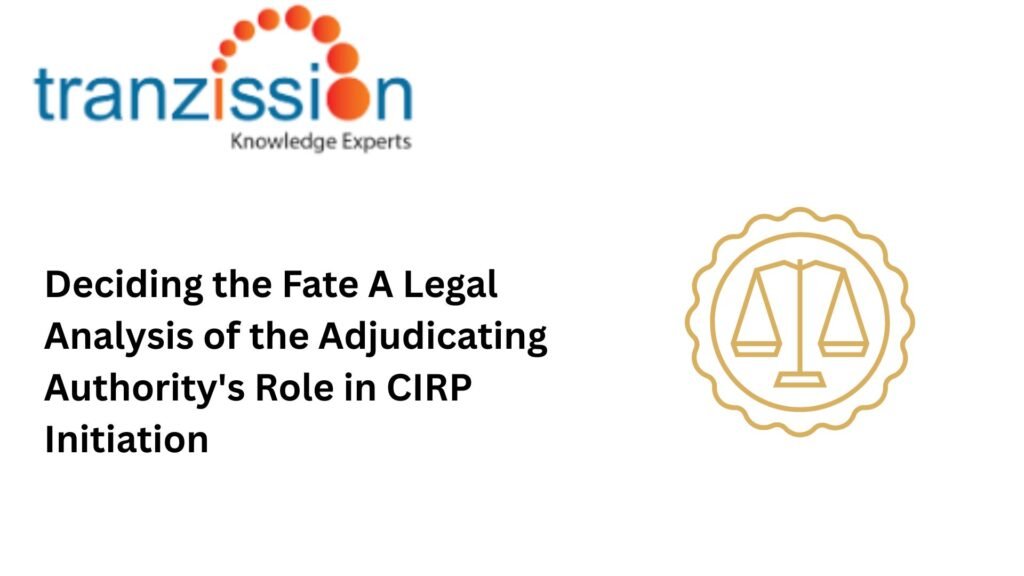Moratorium Under IBC Applies to All Proceedings
In the insolvency process under the Insolvency and Bankruptcy Code (IBC) involves a Moratorium Under IBC section 14, a statutory stay that halts all legal proceedings against a corporate debtor upon the admission of a corporate insolvency resolution process (CIRP) application by the National Company Law Tribunal (NCLT). It provides a “breathing space” to continue […]
Cross border insolvency occurs when a financially distressed company has assets, creditors, or legal proceedings in multiple countries, complicating the resolution process due to differing legal frameworks. As globalization drives businesses to operate internationally, such cases have become increasingly common, necessitating coordinated international mechanisms to ensure fair asset distribution and creditor protection. A key concept […]
In cases where insolvency proceedings intersect with enforcement actions, IBC override PMLA becomes a critical principle. The Insolvency and Bankruptcy Code, 2016 (IBC) is a comprehensive legislation enacted by the Government of India to consolidate and amend laws relating to the insolvency and bankruptcy resolution of corporate persons, partnership firms, and individuals in a time-bound […]
The Insolvency and Bankruptcy Code (IBC), enacted in 2016, ensures to resolve the insolvency of corporate persons, partnership firms and individuals in a time bound manner. It also provides a “clean slate” for corporate debtors through Interplay of Section 31, extinguishing liabilities not included in an approved resolution plan. However, this principle conflicts with the […]
Limitation is critical under the Insolvency and Bankruptcy Code, 2016 (IBC) because it prevents the revival of time-barred debts, ensuring the IBC functions as a rehabilitation mechanism, not a mere debt recovery tool. The period for filing an application under section 7 of the IBC is governed by Article 137 of the Limitation Act, 1963, […]
The Insolvency and Bankruptcy Code, 2016 (IBC) explains a time-bound mechanism to resolve the insolvency of a corporate debtor by reviving, rehabilitating, or restructuring in a time-bound manner known as the corporate insolvency resolution process (CIRP). In financial markets, debt assignment refers to the transfer of a debt obligation from one party, the assignor, to […]
One of the objectives of the Insolvency and Bankruptcy Code, 2016 (“the IBC”) is to resolve the insolvency of a corporate debtor within a defined timeline, typically 180 days, extendable by 90 days in exceptional cases. The IBC explains the corporate insolvency resolution process (CIRP), a structured legal mechanism designed to resolve insolvency within the […]
It provides a settlement mechanism through Section 12A of the IBC which allows for the withdrawal of a corporate insolvency resolution process (CIRP) application after its admission, provided the applicant obtains the approval of at least 90% of the voting share of the Committee of Creditors (CoC). The requirement for CoC approval, white intended to […]
During liquidation under the Insolvency and Bankruptcy Code, 2016 (IBC), secured creditors have the right to either relinquish their security interest to the liquidation estate or realize it independently, with the proceeds applied first to their debt, and any surplus paid to the liquidator. The objective of protecting creditor rights is to ensure fair and […]
Role in CIRP Initiation is a legal mechanism under the Insolvency and Bankruptcy Code, 2016 (IBC), designed to resolve corporate insolvency by either restructuring the company or initiating liquidation. It can be initiated by a financial creditor, operational creditor, or corporate debtor itself upon a payment default, with the National Company Law Tribunal (NCLT) serving […]

